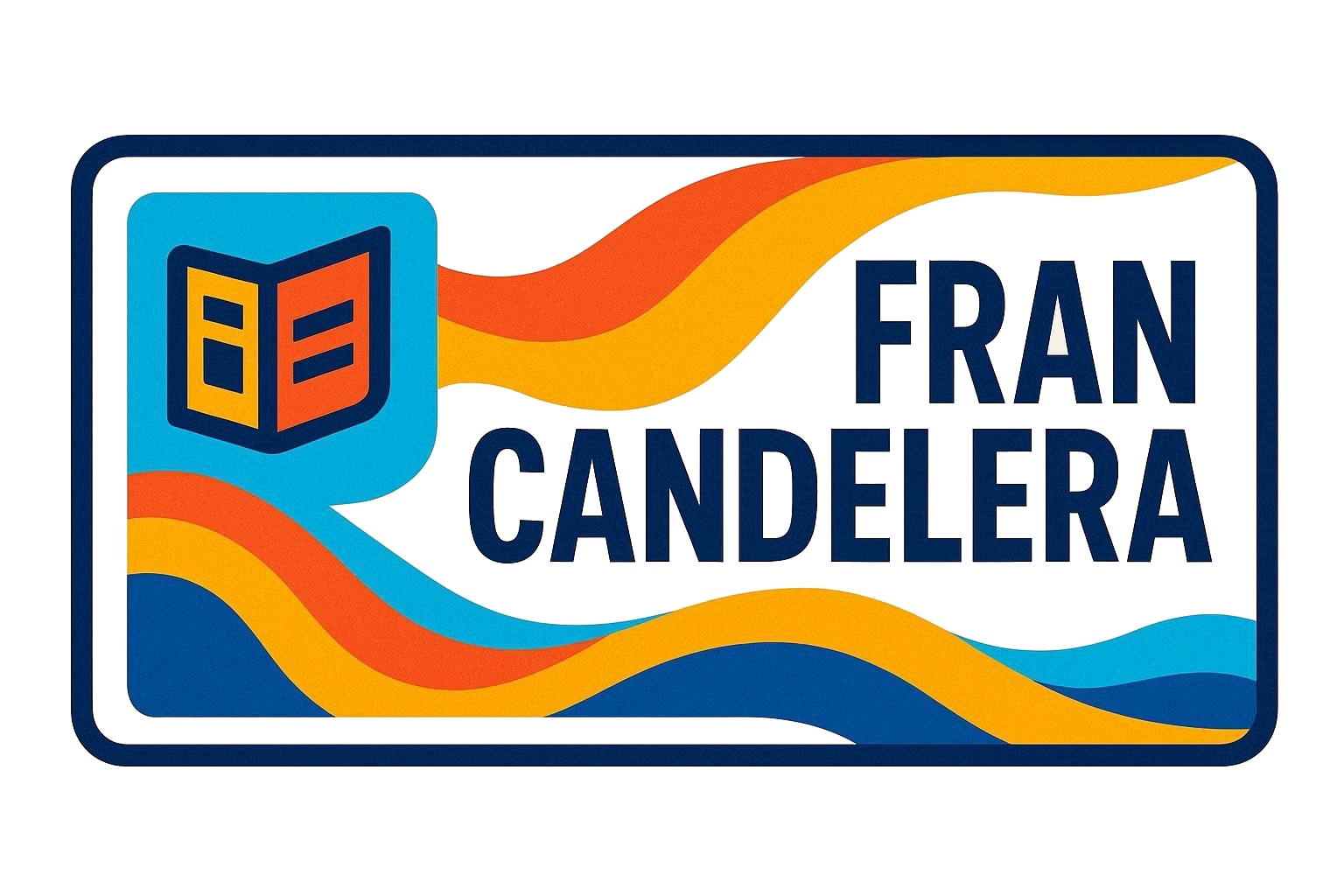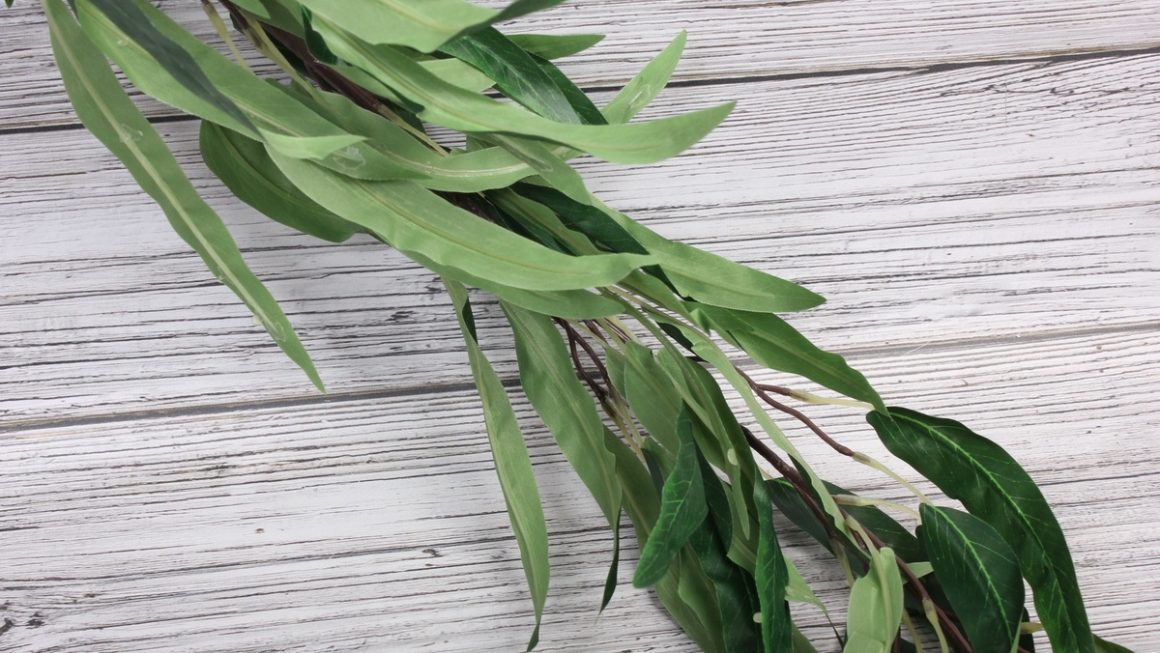Toilet paper, a staple in Western bathrooms, may soon lose its supremacy.
An alternative from Asia, the hygienic shower, is gradually winning over Europeans concerned with sustainability and comfort. This small, discreet but effective device could transform our daily habits.
An underestimated ecological impact
The use of toilet paper seems harmless, but it hides a significant environmental cost. Every year, millions of trees are cut down for its production; tonnes of water are consumed and chemicals are used to bleach the paper. The ecological footprint of this simple gesture is therefore much heavier than we imagine.
With growing awareness of climate issues, some people are beginning to rethink their practices. Toilet paper, a symbol of comfort, suddenly appears to be an unsustainable choice in the face of environmental challenges.
The hygienic shower, an Asian alternative
The hygienic shower, or bidet shower, is already common in many Asian countries. Attached next to the toilet, it allows for washing with water after each use. Less aggressive on the skin, economical in the long term and environmentally friendly, it is a credible alternative to toilet paper.
In Europe, its use is still marginal but growing. Some retailers are seeing an increase in sales, and campaigns promoting water-based cleaning are emerging in several countries. The health crisis of 2020 accelerated this movement: when toilet paper shelves were emptied, many households sought alternative solutions. The bidet shower then emerged as a practical and effective solution.
This solution now has the support of environmental activists who denounce the inconsistency between the rhetoric of ecological transition and the continued existence of an energy-intensive paper industry. ‘It’s a simple gesture, but one that has a real impact on the environment,’ explains one activist.
Cultural and practical barriers
The main obstacle remains cultural. In several European countries, toilet paper has been perceived for decades as the standard for hygiene and comfort. The idea of using water may surprise, disturb or even make people smile.
Added to this are practical constraints:
- Not all bathrooms are equipped to accommodate a bidet;
- Some people are reluctant to modify their facilities for aesthetic reasons;
- Maintenance and installation may seem complicated for some households.
Despite these obstacles, the trend seems to be gaining momentum. Laws against deforestation, environmental awareness and the search for more sustainable solutions are encouraging the adoption of bidets. They are gradually becoming a symbol of a different way of thinking about our daily lives.
Economic and health benefits
benefits
Beyond the environmental aspect, bidets offer several advantages:
- Reduced toilet paper costs;
- Fewer skin irritations or allergies;
- Better hygiene and more thorough cleaning.
For families and younger generations already accustomed to digital solutions, bidets are part of a modern and practical lifestyle. ‘You can manage your comfort and your environmental impact at the same time,’ says one European user.
Gradual adoption in Europe
While toilet paper will not disappear overnight, interest in bidets is growing every year. Some specialist shops and e-commerce sites are seeing their sales climb, and installation tutorials are multiplying on social media. Environmental awareness is also driving this change.
This movement could transform our habits, even if toilet paper remains dominant for now. The hygienic bidet shows how we can live in a more environmentally friendly and economical way, while still keeping things simple.
Towards a revolution in daily hygiene?
This little Asian gadget could well become the norm in Europe in the next few years. Combining environmental concerns with comfort, it represents a new approach to personal hygiene. The future of bathrooms could therefore evolve towards more sustainable solutions that consume fewer natural resources.
Whether in terms of ecology, health or economy, the hygienic shower offers an interesting alternative. Little by little, it is establishing itself as a serious option to toilet paper, symbolising a change in mentality and a more responsible lifestyle.




